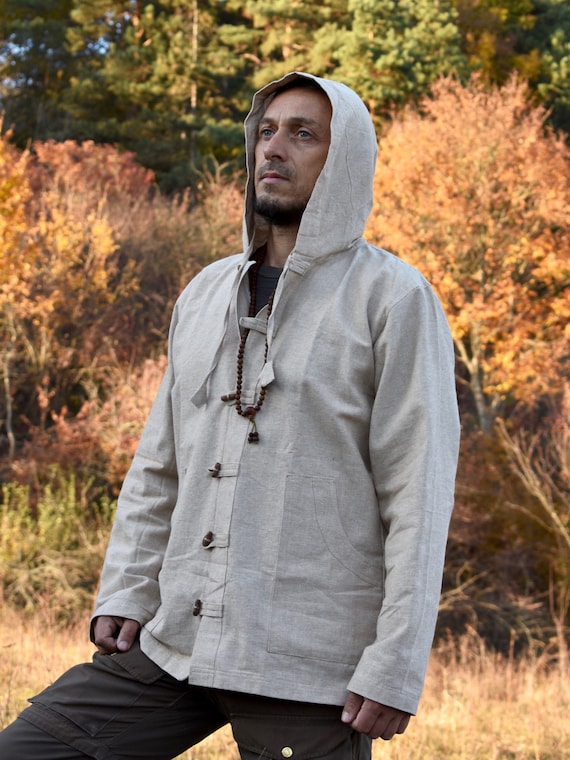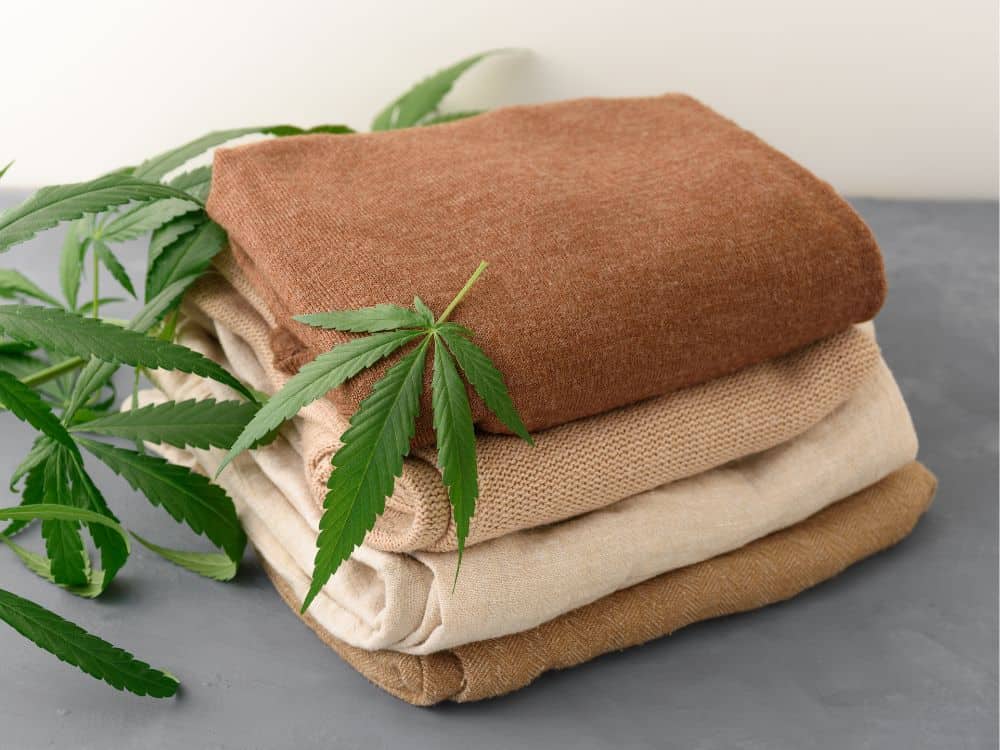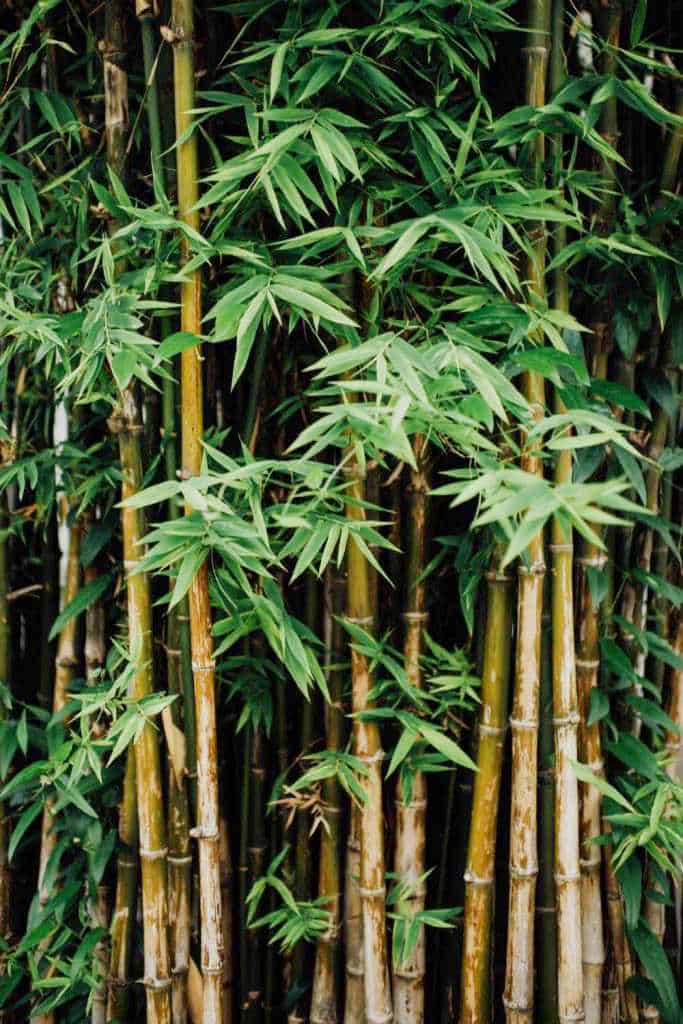Excellent Facts For Selecting Hemp Clothes
Wiki Article
Why Is Hemp Stronger, More Biodegradable And Regenerative Compared To Cotton?
Hemp is generally regarded to be more biodegradable, long-lasting, and regenerative than cotton due to its properties inherent to it and the way it is grown. Here's why- Biodegradability-
Natural FiberNatural Fiber Hemp fibers are made from an organic plant that can be biodegradable. Fabrics and clothes made of hemp break down over time. The waste is returned to the earth without any long-lasting consequences. The process of decomposing synthetic fibers, such as polyester, can last for hundreds of years.
Hemp fabrics are usually free of synthetic additives or treatments that inhibit biodegradability. Contrary to this, some cotton fabrics are treated with synthetic chemicals, such as dyes or finishes which can hinder the biodegradation process.
Durability-
Hemp fibers are considered to be tough and durable. Hemp fabrics and clothing are more resistant to wear than cotton, making they last for longer. The strength of hemp clothing means that it will withstand many washings and wear cycles before it begins to deteriorate.
Hemp fabrics tend to be less prone to pilling, which results in the formation of tiny, fuzzy balls on the fabric surface. This attribute helps to prolong their life and overall quality.
Regenerative Agriculture-
Soil Health Hemp cultivation can be regenerative if it is done in a sustainable manner. The roots deep in hemp can help prevent erosion and soil compaction, and can enhance soil health by an increase in microbial activity and aeration. This regenerative element could leave the soil in better condition for the future growth.
Low environmental impact - Sustainable hemp cultivation methods require the use of a minimal amount of pesticides. Cotton farming, which is dependent on synthetic chemicals could result in soil degradation and water pollution.
Water Efficiency-
Hemp usually requires less than cotton to grow. Because of its drought-resistant qualities, hemp can grow without much irrigation or rain. It is therefore more efficient in water use especially in areas where water resources are limited.
Crop Rotation- Hemp is a good choice to incorporate into crop rotation systems, which can improve overall soil health and reduce the risk of soil depletion and the buildup of disease. The practice of crop rotation in the cotton industry is less common.
Hemp is a versatile substance that can be used to a number of different products, such as building materials clothing, textiles and paper. This versatility implies that hemp cultivation is able to be used to support a variety of industries using sustainable and regenerative methods.
While hemp can provide many benefits, it's equally important to understand that both hemp and cotton are grown sustainably or not, based on the farming practices used and the processes used. The choice of hemp products produced with eco friendly and ethical practices will maximize the environmental advantages. Selecting organic cotton products can also reduce the environmental problems that are associated with traditional cotton production. Take a look at the top next page on hemp clothing for blog info including hemp sweatshirt, hemp work pants, hemp button down shirt, hemp apparel wholesale, organic hemp clothing, hemp fabric by the yard, 100 hemp shirt, hemp shorts mens, hemp work pants, womens hemp clothing and more.

How Is Hemp Clothing Better In Terms Of Performance And Design Than Traditional Fibres.
Hemp clothing is a sustainable option that offers many functional and technical advantages over traditional fibers. Hemp clothing is an excellent eco-friendly option because it's breathable and moisture-wicking.
Hemp fibers draw moisture away from the body, keeping your body cool and dry during hot temperatures. They aid in wicking moisture away from your body. This will keep you cool, dry and reduce the chance of smells and bacteria.
Temperature Regulation
Hemp clothing has excellent thermoregulatory abilities. It will keep you warm in cool weather by trapping warmth close to your body. It can also help keep you cool during hot temperatures by allowing heat and moisture to be able to escape. This natural thermoregulation could reduce the frequency of clothing changes.
Durability and longevity-
Hemp fibers can be durable. Hemp clothing is believed to be stronger and more resistant to wear than other traditional fibers such as cotton. That means that hemp clothes are more durable and last for longer. They also can reduce the number of times you need to replace them, which could have an adverse impact on the environment.
UV Protection
Hemp fibers are a natural UV protector, protecting the skin against harmful UV radiation. This is especially beneficial when doing outdoor sports or activities.
Biodegradability:
Hemp clothing biodegrades with time, which means it will break down after being disposed. The impact on the environment of textiles is diminished by this characteristic, in contrast to synthetic fibers which can be buried for many years.
Low Environmental Impact
Hemp cultivation is less dependent on synthetic pesticides compared to cotton. It's also more eco friendly because it uses less. Organic hemp farming enhances the green features.
Carbon Sequestration
Hemp plants can capture carbon dioxide from the atmosphere during their growth. The hemp plant is able to act as a carbon sink, and also reduce greenhouse gases.
Sustainable agriculture and crop rotation-
Hemp can be incorporated into rotations of crops to improve soil health, reduce the chance of developing diseases and soil depletion. This environmentally friendly farming method is possible due to sustainable farming practices.
Versatility:
Hemp fibers may be blended with other substances (such as organic Cotton or recycled polyester) to produce eco-friendly and high performance fabric blends. This versatility enables the development of new, sustainable textile products.
Low Toxicity
Hemp fibers are low toxicity level and do not require a lot of chemical processing for make. This minimizes the negative impact of manufacturing textiles on the environment.
The sustainability of clothing depends on many factors, including the process of dyeing, transport and ethical labor practices. If you want to make the right choice for the environment choose a clothing company who are committed to sustainability and transparency when using hemp fibers as well as other sustainable materials in their products. View the recommended get more info for hemp clothing for site examples including hemp athletic wear, nomad hemp wear, jeans hemp, hemp shorts, hemp and cotton fabric, patagonia hemp jacket, clothes made from hemp, jungmaven clothing, hemp swimsuit, hemp shirts wholesale and more.

What is the main difference between hemp fiber and bamboo fiber?
The two plant-based fibers hemp as well as Bamboo are utilized in the production of textiles and have their distinct characteristics and properties. Below are the key distinctions between hemp and bamboo fibers. Plant Source-
Hemp fibers originate from the bast fibers that are located in the stalks. Hemp has been utilized for a variety of reasons over the years. It is a rapid-growing multi-purpose plant.
Bamboo- Bamboo fibers come by removing the woody part from the bamboo plant. Bamboo is fast-growing species of grass, renowned for its the speed of renewal and longevity.
2. Fiber Characteristics
Hemp- Hemp fibres are recognized as strong and long-lasting. They are some of the strongest natural fibres, and soften with every wash. They are perfect for fabrics that last.
Bamboo- Bamboo is a silky, soft fiber. They can be more delicate and less durable than hemp fibers but are still valued because of the softness they offer against the skin.
3. Texture and Feel-
Hemp- Hemp fabrics have a textured, slightly coarse feel when they are in the natural state. It can be comfy however it has a different feel compared to bamboo.
Bamboo fabric is silky-smooth and extremely soft. It is often thought of as a mixture of silk and twill. This makes it extremely comfy.
4. Breathability, Moisture Wicking and Breathability-
Hemp- Hemp is naturally and breathable. Hemp also absorbs moisture. They can keep you cool and dry in hot weather.
Bamboo is also extremely permeable, and it is able to wick away the moisture. They're stocked with micro-gaps that enhance their capacity to regulate moisture and temperature.
5. Environmental Impact-
Hemp- Hemp fiber is an environmentally-friendly plant due to its low water requirement rapid growth, as well as its resistant against pests. This decreases the requirement for herbicides and pesticides. It is able to sequester CO2 from the atmosphere while it expands.
Bamboo is renowned for being sustainable. It is very durable, grows rapidly and requires minimal water. Moso is one of the bamboo varieties that is most sustainable.
6. Processing-
Hemp- Hemp fibers require an extensive process to separate the outer bast fibers from the woody core. The process may require decortication, retting, or mechanical separation.
Bamboo- Bamboo fibers are typically obtained through a chemical process known as the rayon or viscose process. This is the process of breaking down bamboo pulp with chemicals. Although this can cause environmental issues if not handled responsibly, some bamboo textiles make use of closed-loop systems to decrease the waste of chemicals.
7. Versatility-
Hemp- Hemp can be used to make a variety products, such as clothing as well as textiles, paper and other building materials.
Bamboo fibers- Bamboo fibers are mostly used in textiles and clothing but can also be found in some other products like towels and bedding.
In the end, both hemp and bamboo provide unique characteristics and sustainable benefits. The choice between these two depends on the characteristics you are looking for in a cloth and your environmental preference. Have a look at the best look at this for bamboo clothes for more info including bamboo cotton shirts, bamboo yoga pants, bamboo yoga leggings, dixxon bamboo shirt, bamboo dress socks, sustainable bamboo clothing, carter's bamboo pajamas, bamboo sports clothing, bamboo infant clothing, bamboo hoodie women's and more.
